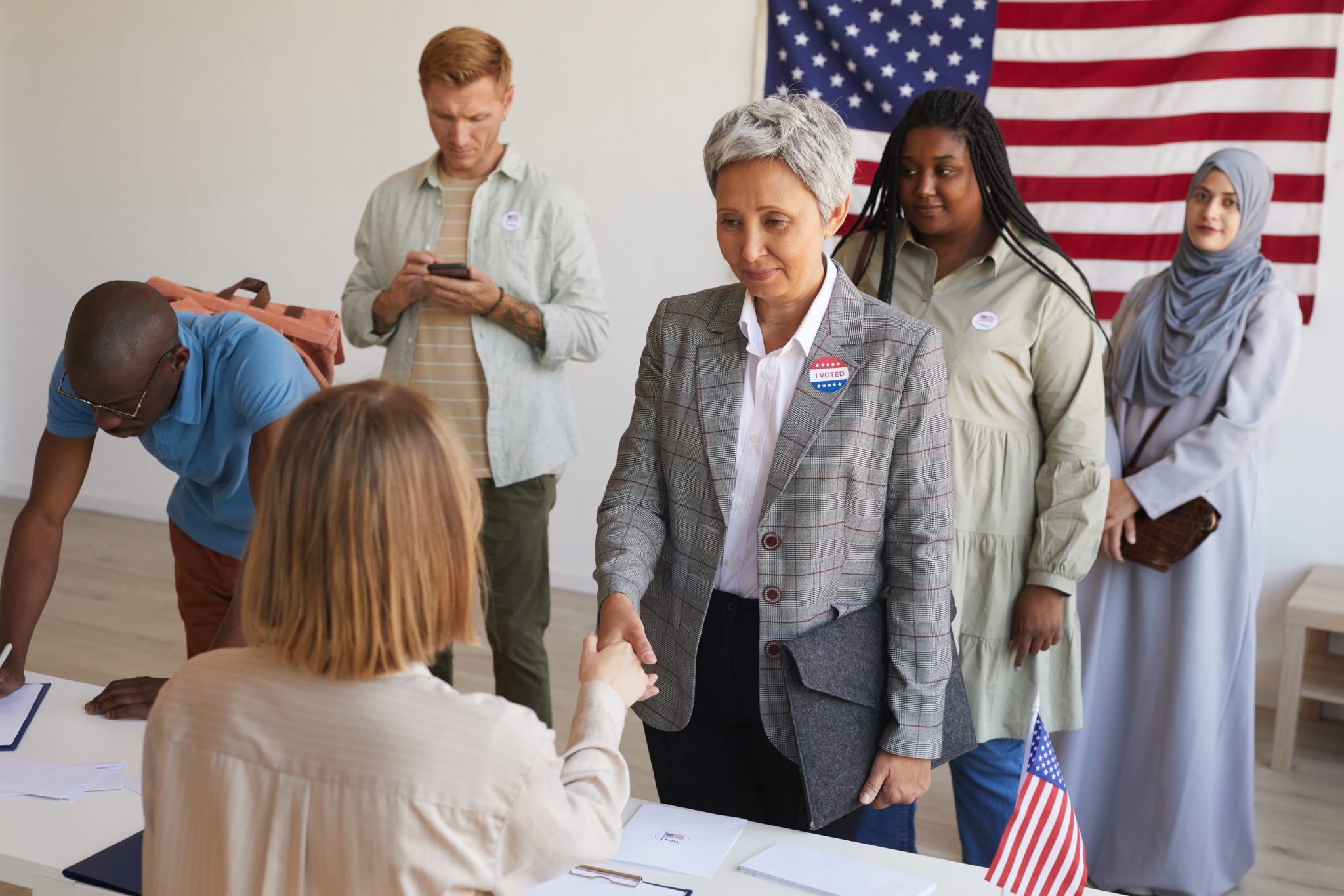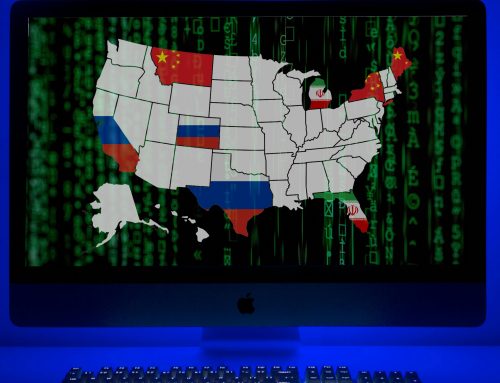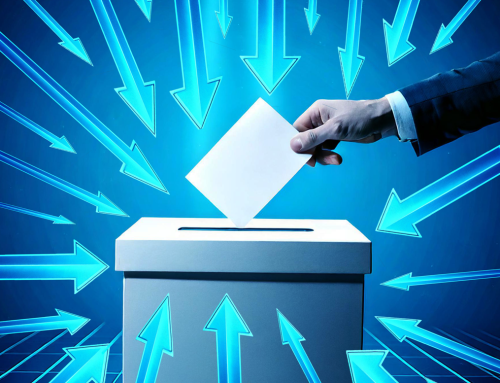Introduction
Insider threats are not new to election administrators. As the Election Infrastructure Information Sharing and Analysis Center (EI-ISAC) director, who formerly served as director of elections for South Carolina, recently noted, “[Election officials] can’t conduct elections without bringing in lots of new employees or seasonal workers, so it increases that insider threat.”
One key difference between pre-2020 elections and post-2020 elections is the emergence of election deniers: individuals who falsely maintain that the 2020 presidential election was stolen. Their recent involvement in the elections process, and ongoing recruitment efforts of like-minded individuals, has led to an uptick in election interference efforts, raising concerns that insiders could be used to alter the outcome of future elections.
While a great deal of attention has understandably been paid to rogue election administrators, election results can also be manipulated by infiltrating the selection and training of poll workers so that their ranks include individuals who may be willing to break the rules to help their preferred candidate or political party win. As election law expert Rick Hasen has noted:
[T]hanks to the Electoral College system, a shift of about 45,000 voters across three states (a relatively small number of voters when vote totals exceed 150 million votes) would have turned President Trump into the 2020 election winner and President Biden into the loser. The risk is that a few unscrupulous actors could make minor changes in vote totals that could prove decisive in a very close election, whether it is the presidential contest or another one.
Even if rogue poll workers are unable to alter the outcome of an election, there are many ways they could cast doubt on its legitimacy. These include tampering with voting equipment in a manner that sows chaos and confusion, creating conditions for long lines in polling places to dampen voter turnout, or providing incorrect information that effectively disenfranchises some voters.
The selection and training of poll workers in the United States has always been largely overseen by local election officials. And there is nothing to suggest that a substantial number of poll workers have recently tried to steal or rig an election. To the contrary, poll worker efforts were integral to ensuring the highly successful administration of the 2020 presidential election, and they have continued to ensure safe and secure elections in 2022, despite an unprecedented climate of distrust and antagonism and growing threats to election workers themselves.
The problem now is that state and local election officials in many states are seeing a substantial influx of partisans (recruited by their party’s national committee and like-minded organizations) who seek to become poll workers because they are inspired by fraud that does not exist. While the vast majority of poll workers are likely to perform without incident, including some whose concerns about election integrity motivate them to serve as poll workers, the aforementioned developments create the risk that election deniers could become entrenched in official election operations and use their new positions to undermine the process. This surge in interest comes against the backdrop of efforts by former president Donald Trump’s allies, such as Steve Bannon, to carry out a “precinct committee strategy” that aims to install election-denying Trump loyalists in local Republican Party positions and election posts.
To be sure, poll workers can face criminal prosecution for assisting those who seek to threaten or intimidate voters or other election workers. And poll workers have an affirmative obligation to ensure fair and accessible elections and to protect the integrity of the elections process. As the Montgomery, Maryland Board of Elections notes, “In accordance with federal and state law, they [poll workers] must perform all of the duties assigned by the local Board of Elections and perform their duties faithfully, diligently, and without partiality or prejudice.”
But increasing efforts to recruit election deniers as election workers create a real concern that some poll workers may be willing to attempt sabotaging an election out of a mistaken desire to make the election fair. Election officials and their partners have an affirmative obligation to implement steps to vet individuals seeking to volunteer and create additional safeguards, if necessary, to ensure the integrity of future elections.
This paper focuses on targeted measures state and local election officials can take to prevent, detect, and/or recover from rogue poll workers seeking to cast doubt on the integrity of future elections without seeming excessively suspicious. None of the guidance is a “silver bullet” for countering rogue workers; not all of it will be relevant for each election official helping recruit poll workers, and some officials already take many of these steps. Many of the proposed measures could also take substantial time and/or resources to develop and implement. But in addressing rogue election worker solutions, this guidance provides remedies for some of the toughest issues that election officials could encounter.
If there’s only one thing election officials take away from this paper, it’s to try to have two or more poll workers doing tasks that involve using election systems, handling election materials, and reviewing election records (that is, the “two-person rule”) to ensure strict adherence to impartiality. Such tasks could include checking in voters at the polling place, providing voters the correct ballot, and ensuring that voters’ ballots are successfully cast. Close adherence to this rule makes it more likely that election officials, observers, the media, and others can verify the security and accuracy of poll workers, rather than assuming that the workers’ conduct is proper.





